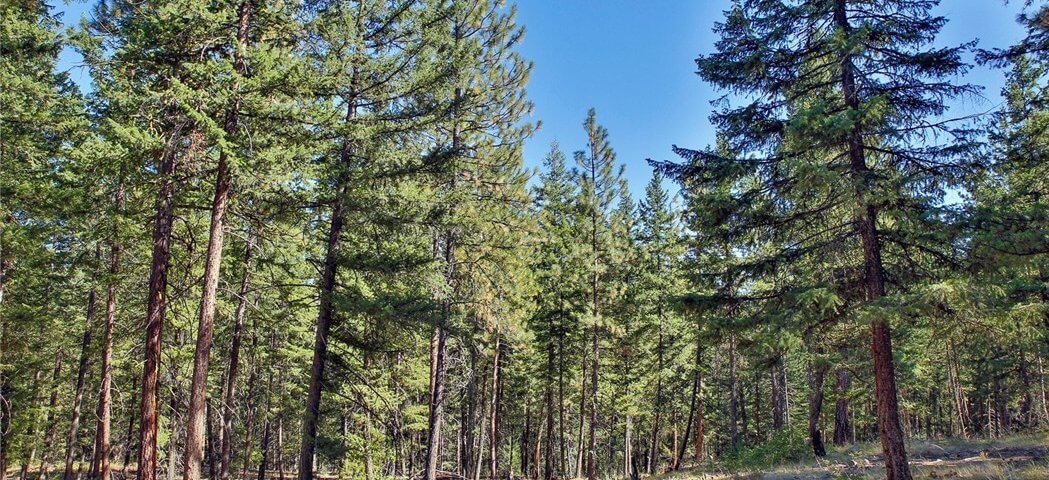Conservation groups support forest and watershed restoration in Methow Valley, WA.

County to consider appeal of two subdivisions this week
August 25, 2020
Resources to Support Communities Impacted by the Wildfires in NCW
September 11, 2020Conservation groups filed an amicus brief in federal court last Friday to support the Mission Restoration Project in the Methow Valley south of Twisp, WA. In the brief, Conservation Northwest, Methow Valley Citizens Council, and The Wilderness Society highlighted the thorough scientific and environmental review, and substantial forest and watershed restoration actions as principal reasons for their support. Trout Unlimited, a longstanding partner in restoration work, agreed the amicus brief is important. The Mission Project is the subject of a lawsuit.
“Mission is a model forest and watershed restoration project based on scientific assessment of landscape conditions,” said Dave Werntz, Science and Conservation Director at Conservation Northwest, “that is translated into concrete actions like removing old roads, restoring old forest habitat, safely returning fire to a fire-starved landscape, and other actions that restore ecological resilience.”
The Mission Restoration Project is the product of collaboration between the Methow Valley Ranger District and conservation groups and others involved in the North Central Washington Forest Health Collaborative. In the 50,000-acre planning area, there will be 8,300 acres of non-commercial thinning, 1,800 acres of commercial thinning, 10,200 acres of prescribed fire, 34 miles of road decommissioning, culvert replacement, coarse woody debris additions to streams, and beaver habitat restoration.
“Working cooperatively with Forest Service allows us to harness innovation, creativity, and capacity to get more quality forest and watershed restoration work designed and completed,” said Jasmine Minbashian, Executive Director for Methow Valley Citizens Council. “Restoration work supports local skilled equipment operators to thin forests, dig out roads and culverts, and restore fish and wildlife habitat,” Minbashian added.
Groups involved in developing the Mission Restoration Project contributed scientific expertise for forest and watershed assessments, organized volunteers for road and culvert surveys, organized field trips and public outreach events, and advocated for robust forest and aquatic ecological restoration outcomes. Groups also raised funds and have completed several restoration actions authorized by Mission Project.
“The Wilderness Society strongly supports science-based, collaborative forest management, and the Mission Restoration Project exemplifies this approach,” said Mike Anderson, Senior Policy Analyst for The Wilderness Society and current co-chair of the North Central Washington Forest Health Collaborative.
“Trout Unlimited has invested hundreds of staff hours and leveraged hundreds of thousands of dollars to implement aquatic habitat restoration projects in the Mission Project because of the benefits they provide to threatened and endangered salmon and steelhead in the Methow River sub-basin. We appreciate the high value of stakeholders uniting with the common purpose of advancing essential restoration work to improve the health of these watersheds that are so critical to the survival to Washington’s wild fish,” said Crystal Elliot-Perez, Washington State Habitat Director for Trout Unlimited.
“The Mission Project, with its strong scientific foundation, careful environmental and public review, and quality outcomes stands in stark contrast with the current administration’s effort to marginalize scientific and public input in order to ramp up timber production in the national forests.” added Dave Werntz.
The conservation groups are represented by Natalie Kuehler of Ryan and Kuehler PLLC in Winthrop, WA.


